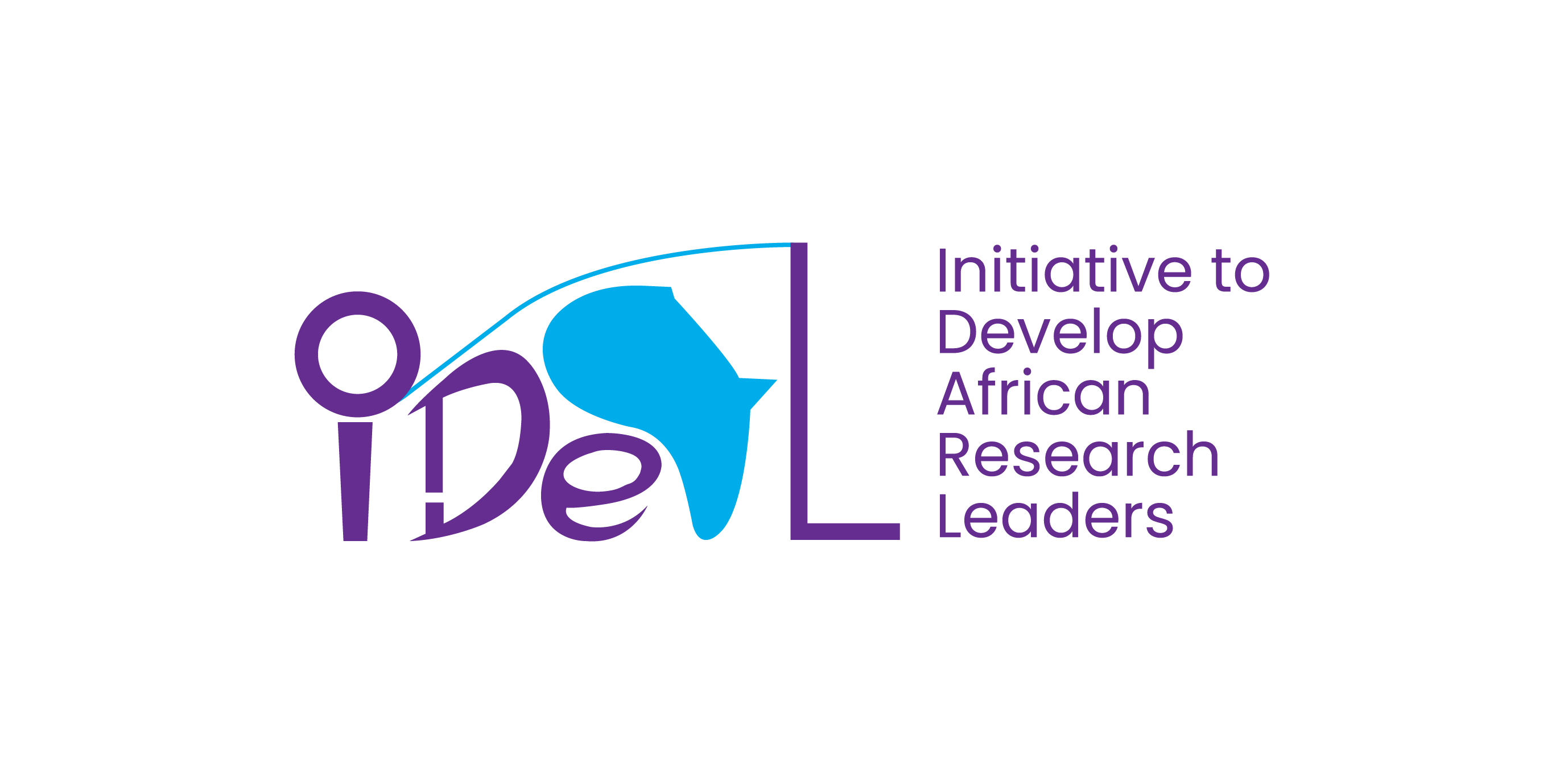
Prof Isabella Oyier
IDeAL PI, KEMRI-Wellcome Trust Research Programme
- Group:Steering Commitee
Prof Isabella Oyier
IDeAL PI, KEMRI-Wellcome Trust Research Programme
Bio
Isabella is the Head of Bioscience in the programme. She is also an Associate Professor at the Nuffield Department of Medicine and a Reuben College Global Research Fellow, University of Oxford. She is currently a Calestous Juma Leadership Fellow, funded by the Bill & Melinda Gates Foundation in 2021, to Integrate malaria molecular epidemiology into routine surveillance in Kenya. A project that partners with the Division of National Malaria Programme (DNMP) to implement malaria molecular surveillance activities. During the COVID-19 pandemic, she led the COVID-19 testing and co-ordinated the regional genomic surveillance in collaboration with Africa CDC and WHO-Afro. With recent funding from Wellcome, she leads a project to continue work nationally and regionally on COVID-19; to establish a platform for immunological surveillance to identify and report, in near real-time, on the immune escape potential of newly emergent SARS-CoV-2 variants. She previously was awarded a Wellcome Intermediate Fellowship and was a Visiting Lecturer at the Centre for Biotechnology and Bioinformatics (CEBIB), University of Nairobi, between 2011 and 2016. She has been and is a member of several technical working groups on genomic surveillance, including the DNMP Operational Research committee of experts and Africa CDC genomic surveillance advisory groups.
Current Work
Her research interests are in Plasmodium falciparum malaria molecular epidemiology, focusing on the spatial and temporal use of molecular tools to: 1) examine genetic variation in merozoite antigens that are potential candidates for blood stage vaccines and its impact on naturally acquired immunity; 2) define complexity of infection while examining the impact of interventions or changes in malaria epidemiology; 3) distinguish persistent infections and reinfections in both therapeutic efficacy studies and in longitudinal follow up of asymptomatic individuals; and 4) monitor drug resistance molecular markers.

